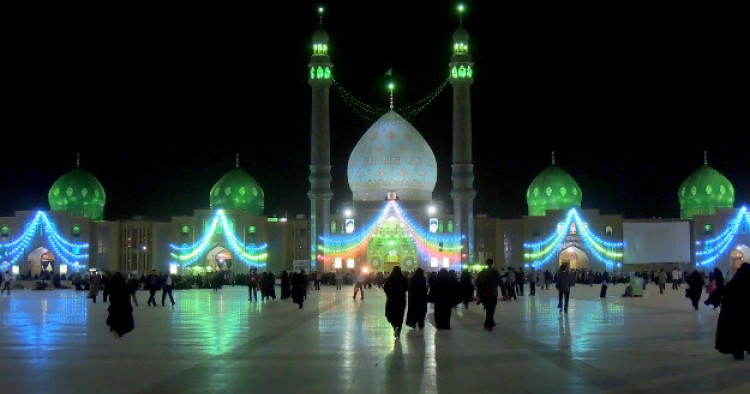In the last few days, a new wave of denunciations of the so-called “British Shiite” Islam has appeared in Iranian media. Most notably, Ayatollah Mohsen Araki, who was born in Iraq but is today an influential cleric in Iran and a member of the Assembly of Experts, has been intensifying his warnings that Britain is engaged in a plot to divide Shia and Sunni Muslims from each other. “British Shiite Islam is against religion and Ahl Bayt [Shiite Islam],” he said and asked how come they attack Sunnis but “do not mention the crimes of the Zionists.”
The notion of “British Shiite” Islam is a catchall label that is applied to any cleric that does not abide by the religious doctrine and political agenda of the Islamic Republic. With such statements, Araki in many ways sets the tone on the particular question of the role of Shiite clerics who operate outside of Iran or outside the regime tent. Araki is the head of the “World Forum for Proximity of Islamic Schools of Thought,” an organization that is ostensibly committed to creating unity between Shiites and Sunnis.
Only last week, he was quoted to have predicted the “birth of a unified Islamic nation as a new power in the international arena.” As part of his career, he was at one point sent to the United Kingdom as the envoy of Supreme Leader Ayatollah Ali Khamenei. While Tehran continues to spend significant amounts of money on promoting its pan-Islamic agenda, it is the Iranian intervention in Syria and its support for sectarian groups that has above all generated fury among Sunnis in the Middle East.
The Middle East Institute (MEI) is an independent, non-partisan, non-for-profit, educational organization. It does not engage in advocacy and its scholars’ opinions are their own. MEI welcomes financial donations, but retains sole editorial control over its work and its publications reflect only the authors’ views. For a listing of MEI donors, please click here.













